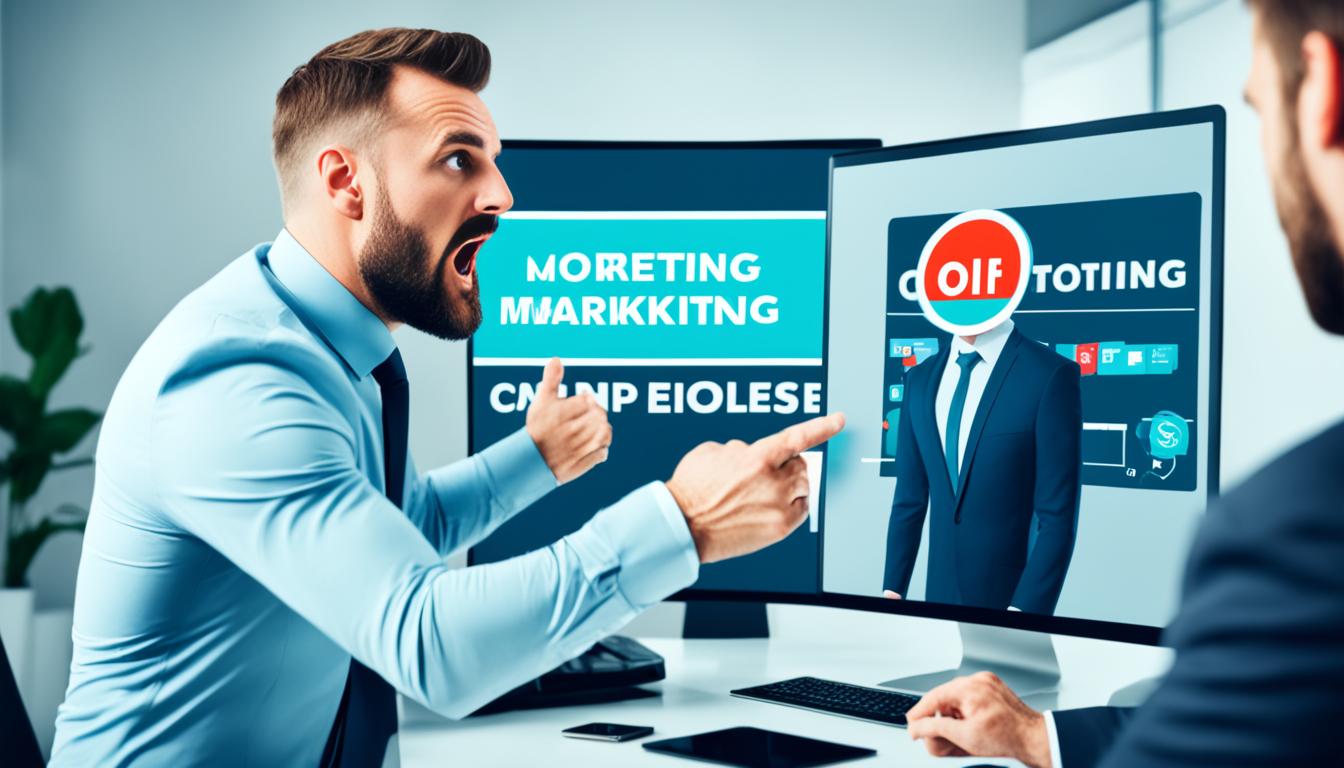Operating leases are a popular financial tool for businesses across various industries, including marketing firms. These leases allow companies to use assets without owning them outright, which can provide significant flexibility and financial benefits. For a marketing firm, operating leases can cover a wide range of assets, from office space and equipment to vehicles and technology. This article explores the different kinds of operating leases a marketing firm might engage in, the benefits of these leases, and how they can support the firm’s growth and operational efficiency.
Office Space Leases
One of the most common types of operating leases for a marketing firm is an office space lease. Leasing office space rather than purchasing it outright provides several advantages, particularly for firms that anticipate growth, changes in staffing, or fluctuating space needs.
Benefits of Leasing Office Space
- Flexibility: Operating leases for office space offer marketing firms the flexibility to scale up or down depending on their needs. As the firm grows, it can easily move to a larger space or a more strategic location without the long-term commitment and financial burden of owning property.
- Lower Initial Costs: Leasing requires less upfront capital compared to purchasing real estate, freeing up resources for other critical business activities such as hiring, technology investments, and marketing campaigns.
- Maintenance and Upkeep: In most operating lease agreements for office space, the landlord is responsible for maintenance, repairs, and general upkeep. This allows the marketing firm to focus on its core activities without worrying about property management issues.
- Tax Benefits: Lease payments are typically considered operating expenses and can be deducted from taxable income, providing a potential tax advantage for the firm.
JLL (Jones Lang LaSalle) reports that 80% of companies prefer leasing office space over buying, primarily due to the flexibility and reduced financial risk associated with leasing.
Equipment Leases
Marketing firms often rely on a variety of equipment to deliver their services, including computers, printers, cameras, and software. Leasing this equipment instead of purchasing it can be a strategic decision that offers both operational and financial benefits.
Types of Equipment Leases
- Technology Leases: Leasing computers, servers, and other technology ensures that the firm always has access to the latest tools without the need for large capital expenditures. This is particularly important in the fast-paced marketing industry, where staying up-to-date with technology is crucial.
- Printing and Production Equipment Leases: Many marketing firms require high-quality printing and production equipment for creating promotional materials, signage, and other marketing collateral. Leasing this equipment allows firms to access top-tier machinery without the significant upfront costs.
- Photography and Video Equipment Leases: For firms specializing in content creation, leasing high-end photography and video equipment can provide the flexibility to upgrade as technology evolves, ensuring that the firm remains competitive in producing cutting-edge content.
Table: Comparison of Equipment Leasing vs. Purchasing
| Factor | Leasing Equipment | Purchasing Equipment |
| Initial Cost | Lower upfront cost | High upfront cost |
| Access to Latest Technology | Easy to upgrade and replace | Requires significant investment to upgrade |
| Maintenance and Repairs | Often included in lease agreement | Responsibility of the owner |
| Tax Benefits | Lease payments are deductible as expenses | Depreciation may be deductible, but complex |
| Flexibility | High flexibility to scale or change equipment | Low flexibility, stuck with purchased assets |
Statista highlights that the global market for office equipment leasing is expected to grow by 5.4% annually, indicating the increasing preference for leasing over purchasing, particularly in industries where technology rapidly evolves.
Vehicle Leases
For marketing firms that require transportation for client meetings, event management, or logistics, leasing vehicles can be a practical solution. Vehicle leases provide access to reliable transportation without the long-term commitment and depreciation associated with vehicle ownership.
Advantages of Vehicle Leases
- Cost Control: Leasing vehicles allows marketing firms to control costs more effectively, with fixed monthly payments that cover the use of the vehicle, often including maintenance and insurance. This predictability is beneficial for budgeting and financial planning.
- Flexibility: Firms can choose lease terms that align with their project timelines or operational needs. Short-term leases are available for specific campaigns or events, while longer-term leases offer stability for ongoing transportation requirements.
- Reduced Depreciation Risk: Leasing eliminates the risk of vehicle depreciation, which can significantly reduce the value of a purchased vehicle over time. At the end of the lease term, the firm simply returns the vehicle, avoiding the need to manage resale or trade-in.
- Access to Newer Models: Leasing provides the opportunity to regularly upgrade to newer vehicle models with the latest features, which can be important for maintaining a professional image during client interactions.
Automotive Fleet reports that 60% of businesses now lease vehicles instead of buying, primarily due to the flexibility and reduced financial risk associated with leasing.
Specialized Equipment and Technology Leases
In addition to standard office and production equipment, some marketing firms may require specialized tools or technology to support specific services. These could include advanced analytics software, virtual reality equipment, or mobile event kiosks. Leasing these specialized assets can provide a competitive advantage without the significant investment required for ownership.
Why Lease Specialized Equipment?
- Access to Cutting-Edge Technology: Leasing specialized equipment allows marketing firms to stay ahead of industry trends by providing access to the latest technology and tools, without the financial commitment of purchasing.
- Project-Based Flexibility: For firms that work on diverse projects with varying needs, leasing offers the flexibility to acquire and return specialized equipment as required by specific campaigns or client demands.
- Cost Management: Leasing helps firms manage costs by spreading the expense of expensive equipment over time, rather than making a large upfront payment that could strain cash flow.
Forrester Research indicates that businesses using advanced technology see a 20% improvement in productivity, underlining the importance of access to cutting-edge tools, which leasing can facilitate.
Conclusion
Operating leases are a vital tool for marketing firms, providing the flexibility, cost control, and access to the latest technology necessary to stay competitive in a fast-paced industry. Whether it’s leasing office space, essential equipment, vehicles, or specialized technology, these arrangements allow marketing firms to focus on their core activities without the financial burden of ownership. By leveraging operating leases, marketing firms can allocate resources more effectively, maintain agility, and ultimately achieve long-term success in an ever-evolving market landscape.


